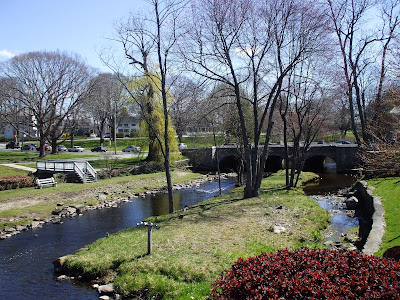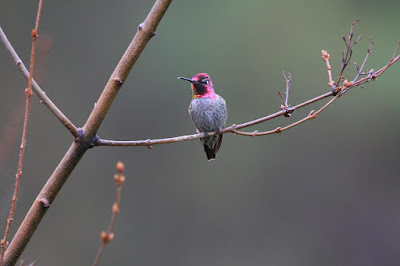Posts
Showing posts from April, 2017
Audubon: 'The White House Just Declared Open Season on Our Public Lands'
- Get link
- Other Apps
Earth Day spotlight: environmental film "Tomorrow" highlights solutions to global crises
- Get link
- Other Apps
Earth Day 2017: Six Earth-friendly alternatives to your auto
- Get link
- Other Apps
Connecticut shines environmentally: first in nation for water quality, fifth overall
- Get link
- Other Apps
Connecticut Vacation Science Camp a fun way for boys and girls to learn about creepy, crawly things
- Get link
- Other Apps
Four-part public tv documentary "The Crowd & The Cloud" highlights citizen science
- Get link
- Other Apps





